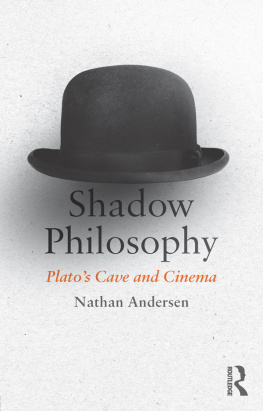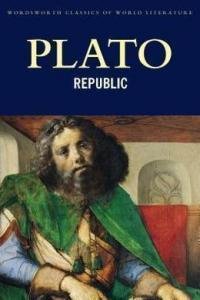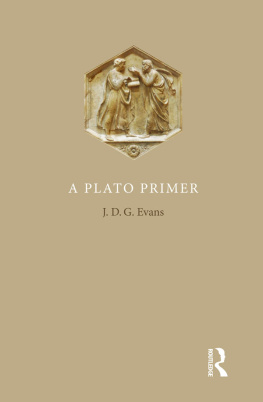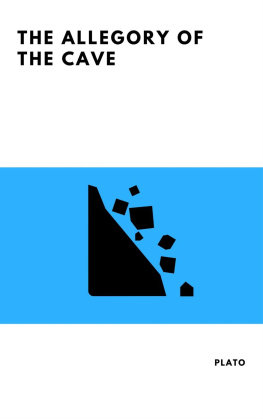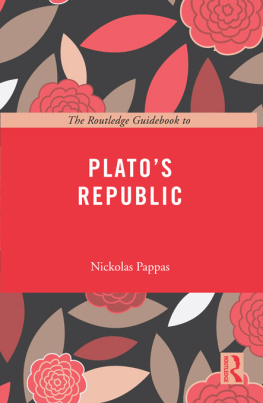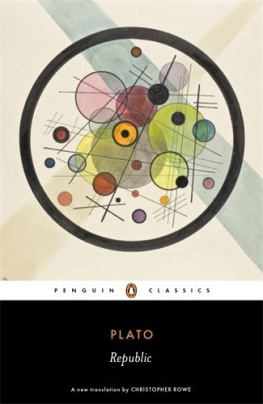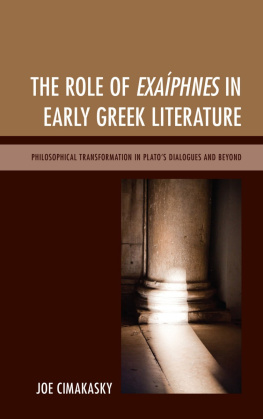Shadow Philosophy: Platos Cave and Cinema
Shadow Philosophy: Platos Cave and Cinema is an accessible and exciting new contribution to film-philosophy, which shows that to take film seriously is also to engage with the fundamental questions of philosophy. Nathan Andersen brings Stanley Kubricks film A Clockwork Orange into philosophical conversation with Platos Republic, comparing their contributions to themes such as the nature of experience and meaning, the character of justice, the contrast between appearance and reality, the importance of art, and the impact of images. At the heart of the book is a novel account of the analogy between Platos allegory of the cave and cinema, developed in conjunction with a provocative interpretation of the most powerful image from A Clockwork Orange, in which the lead character is strapped to a chair and forced to watch violent films.
Whereas Plato compares the whole range of ordinary experience to shadows on the wall of a darkened cave, the author suggests that, in relation to cinema, audiences have the advantage that they know these shadows are not real. The result is that cinema more easily provokes the kinds of philosophical concerns it takes a special discipline to consider in relation to everyday life. This account of Platos cave contrasts with the more usual reading, according to which images and art, and by implication cinema, only serve to bind their spectators more deeply to the shadows. Films like A Clockwork Orange demonstrate that while images can have a powerful impact on the attitudes of audiences, they also have the power to provoke them to critically examine their most basic assumptions.
Key features of the book include:
A comprehensive bibliography of suggested readings on Plato, on film, on philosophy, and on the philosophy of film, aimed at readers who wish to pursue these themes further.
A list of suggested films that can be explored following the approach in this book, including brief descriptions of each film, and suggestions regarding its philosophical implications.
A glossary defining key terms from both philosophy and film studies that are mentioned or employed within the text.
A summary of Platos Republic, book by book, highlighting both dramatic context and subject matter, and functioning as a supplement to the book for readers who have not read this classical philosophical text in its entirety or who need a reminder of its scope.
Offering a close reading of the controversial classic film A Clockwork Orange, and an introductory account of the central themes of the philosophical classic The Republic, this book will be of interest to both scholars and students of philosophy and film, as well as to readers of Plato and fans of Stanley Kubrick.
Nathan Andersen teaches philosophy and film at Eckerd College, USA. He programs an award-winning cinema series in Tampa Bay, Florida, and is the co-director of the Visions of Nature/Voices of Nature Environmental Film Festival. He has published articles on the history of philosophy, environmental philosophy, and film.
Shadow Philosophy: Platos Cave and Cinema
Nathan Andersen
First published 2014
By Routledge
2 Park Square, Milton Park, Abingdon, Oxon, OX14 4RN
Simultaneously published in the USA and Canada
by Routledge
711 Third Ave., New York City, NY. 10017
Routledge is an imprint of the Taylor & Francis Group, an informa business
2014 Nathan Andersen
The right of the author to be identified as the author of the editorial material, and of the authors for their individual chapters, has been asserted in accordance with sections 77 and 78 of the Copyright, Designs and Patents Act 1988.
All rights reserved. No part of this book may be reprinted or reproduced or utilised in any form or by any electronic, mechanical, or other means, now known or hereafter invented, including photocopying and recording, or in any information storage or retrieval system, without permission in writing from the publishers. Trademark notice: Product or corporate names may be trademarks or registered trademarks, and are used only for identification and explanation without intent to infringe.
British Library Cataloguing in Publication Data
A catalogue record for this book is available from the British Library
Library of Congress Cataloging in Publication Data
Andersen, Nathan.
Shadow philosophy : Platos cave and cinema / Nathan Andersen. -- 1 [edition].
Includes bibliographical references and index.
1. Platos cave (Allegory) 2. Clockwork orange (Motion picture) I. Title.
B398.C34A53 2014
320.092--dc23
2013040228
ISBN: 978-0-415-74205-4 (hbk)
ISBN: 978-0-415-74206-1 (pbk)
ISBN: 978-1-315-81490-2 (ebk)
Typeset in Sabon
by Taylor & Francis Books
Contents
Books dont write themselves; and no one writes a book by himself. Although only a few of their names appear within, this book could not have been written except after the works of so many others, who made films and wrote novels, or wrote on philosophy, film studies, or the philosophy of film. To name just a few, the most important and obvious: Plato, Aristotle, Immanuel Kant, Martin Heidegger and Maurice Merleau-Ponty, the three great Stanleys (Kubrick, Donen, and Cavell), Anthony Burgess, Malcolm McDowell, Gene Kelly, Hugo Mnsterberg, Rudolf Arnheim, Siegfried Kracauer, Andr Bazin, V.F. Perkins, Laura Mulvey, Kaja Silverman, Gilles Deleuze, Allan Bloom, John Sallis, John Russon, Stephen Mulhall, Dan Shaw, Nol Carroll, Carl Plantinga, Michel Chion, Eyal Peretz, John Mullarkey, and Robert Sinnerbrink. Special thanks to so many who helped directly, through conversation and commentary on the topics discussed here during the percolating and planning stages, encouragement, editing and feedback on previous drafts: Jared Stark, Christina Petersen, Cathy Griggs, Jason Sears, Jim Goetsch, Andrew Chittick, Julie Empric, Ben Elliott, Paul Higgins, Aaron Garrett, Robert Sinnerbrink, John Mullarkey, Peter Costello, Kym Maclaren, David Ciavatta, Greg Recco, Susan Bredlau, Patricia Fagan, mer Aygn, Eric Sanday, Shannon Hoff, Kirsten Jacobson, Hunter Vaughan, Dan Shaw, and especially John Russon, for his mentoring and friendship for so many years, and for being an exemplar of the philosophical life. Thanks also to enthusiastic students in my film and philosophy classes through the years, especially Ryan Conrath. Thanks to Emma Joyes at Routledge, for her patience with me and enthusiasm for the project, and especially for saying yes! Thanks to Eckerd College for supporting the sabbatical leave during which the bulk of it was written, to the participants of the 2012 Toronto Summer Seminar on Platos Republic, where I was able to talk about that astonishing book with lots of very smart people just as I was getting started, and for the Lloyd Chapin Faculty Fellowship that made it possible to be there and stay a few extra weeks in Toronto, sorting through the thoughts that followed. To Joel, Kate, Isaac, and Sorella who thought it cool Dad was writing a book, even if I wouldnt let them see the film on which it was focused. Above all, and always, to Andrea.
A large group of prisoners sits, bound in the depths of an ancient cavern. Compelled forever to stare at shadows cast by a bonfire behind them, they consider these to be whats real. Mistaking appearances for true reality, only a few of them discover their error, when theyre dragged from the cave and forced to see things by the blinding light of the sun. Its one of the most famous images from the history of philosophy, Platos allegory of the cave, whose depiction of the condition of everyday life resembles nothing so much as the contemporary experience of watching movies. In fact, similar imagery is found and related themes explored in quite a number of relatively recent movies, especially science fiction films such as

